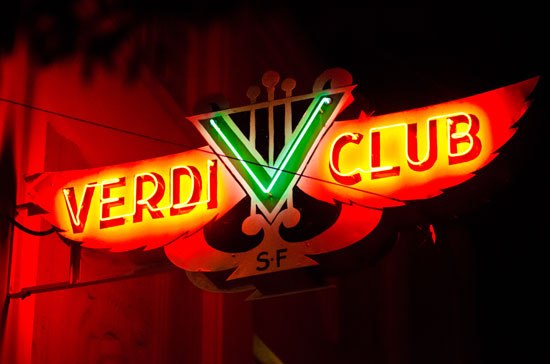Once upon a time, you were a baby and you couldn't read, reason about money, or interpret a bus schedule. How did you get so smart? In 17 minutes Mariel Goddu explores the origins of logical thought, from human prehistory to the grocery store.
Animals (including humans) do a lot of odd, difficult, and at times downright confusing things to win mates. Ryan York will tell us why cichlid fish species in Lake Malawi are building sandcastles for their potential mates (and why you might consider doing so too).
Join us for a delightful evening of Science brought to you by Science envoys from Wonderfest and taste of science!
A history of your mind in 17 minutes
Mariel Goddu
PhD Candidate at UC Berkeley
Today, you may have read some emails, bought groceries, or used public transportation. But once upon a time, you were a baby. Babies can’t read, reason about money, or interpret a bus schedule. How did you get so smart?
In 17 minutes, developmental psychologist Mariel Goddu explores the origins of logical thought, from human prehistory to the grocery store. How does our innate ability to reason about causes and effects give rise to sophisticated, abstract cognition?
Will build for sex
How and why fish build sandcastles in Lake Malawi
Dr. Ryan York
Postdoctoral researcher, Stanford Univ
Animals (including humans) do a lot of odd, difficult, and at times downright confusing things in their efforts to win mates.
In this talk I will try to decode the laws of attraction in the animal kingdom by sharing insights from my studies of one of the stranger courtship rituals. Come hear how and why hundreds of cichlid fish species in Lake Malawi, Africa are building sandcastles for their potential mates (and why you might consider doing so too).



